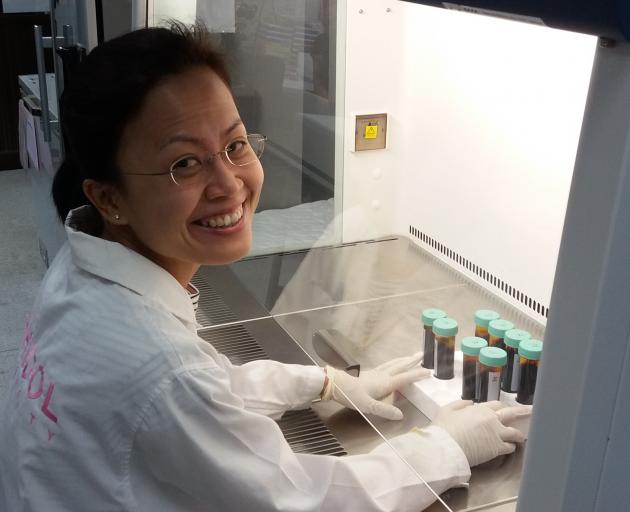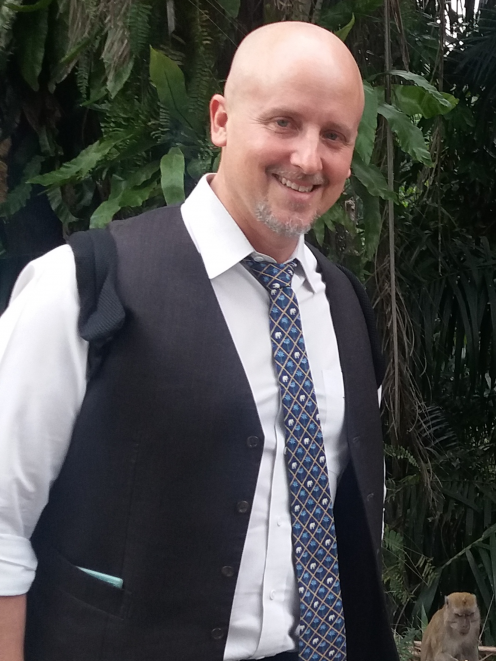

Scientists at the University of Otago, the National University of Singapore and University of Georgia (US) have discovered a way to potentially use a rare form of monkey malaria, known as cynomolgi malaria, recently implicated in a spate of malaria cases in Malaysia, to help eliminate the relapsing form of human malaria (vivax malaria).
Vivax is a significant burden for tens of millions of people throughout the developing world.
Cynomolgi malaraia parasites have been found in the blood of wild populations of monkeys in South-east Asia and cynomolgi has recently been detected infecting humans living close to forest areas.
Professor Bruce Russell, from the Department of Microbiology and Immunology at the University of Otago, said the scientist group believed the monkey malaria parasite could "greatly help'' them to find therapies to kill the liver stages of vivax malaria, which were responsible for its relapsing nature.
Vivax malaria is the most widely distributed, difficult to diagnose form of human malaria.
Prof Russell said efforts to develop new drugs and vaccines against vivax had been stymied by lack of an in vitro cultured method.
This group of scientists had discovered a way to culture cynomolgi malaria parasites, which were almost identical to vivax malaria, which could not be cultured.
The prospect of developing cynomolgi as a model to study vivax malaria spurred the Bill & Melinda Gates Foundation to fund the meeting in Dunedin earlier this month, where one of the first successful culture systems were developed, he said.
A group of internationally-renowned malaria specialists (malariologists) from industry, government and academia participated in the eight-day workshop and conference.
From it a new international consortium of scientists emerged with a new tool to "overcome current bottlenecks in vivax malaria research''.
Aside from providing an exciting new way to understand vivax malaria, the new in vitro method significantly replaceds preclinical testing of new drugs in animals, Prof Russell said.
- Staff reporter
